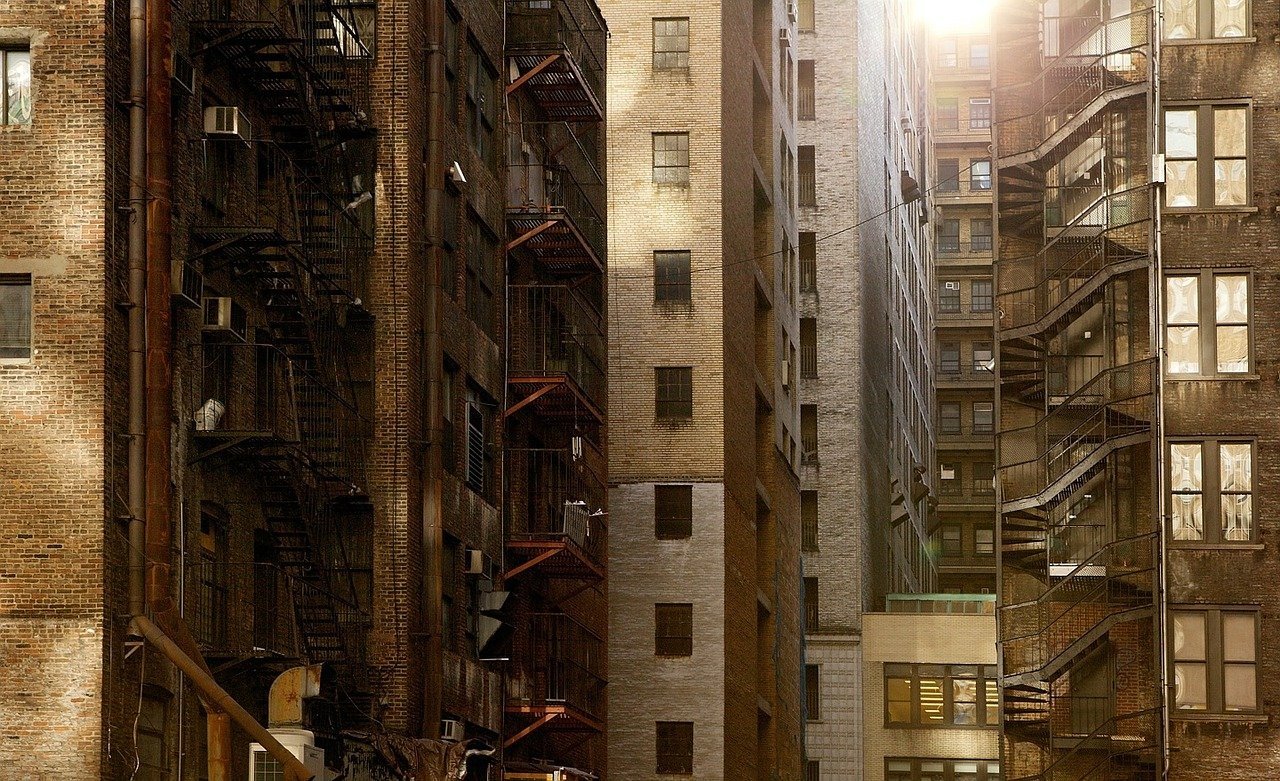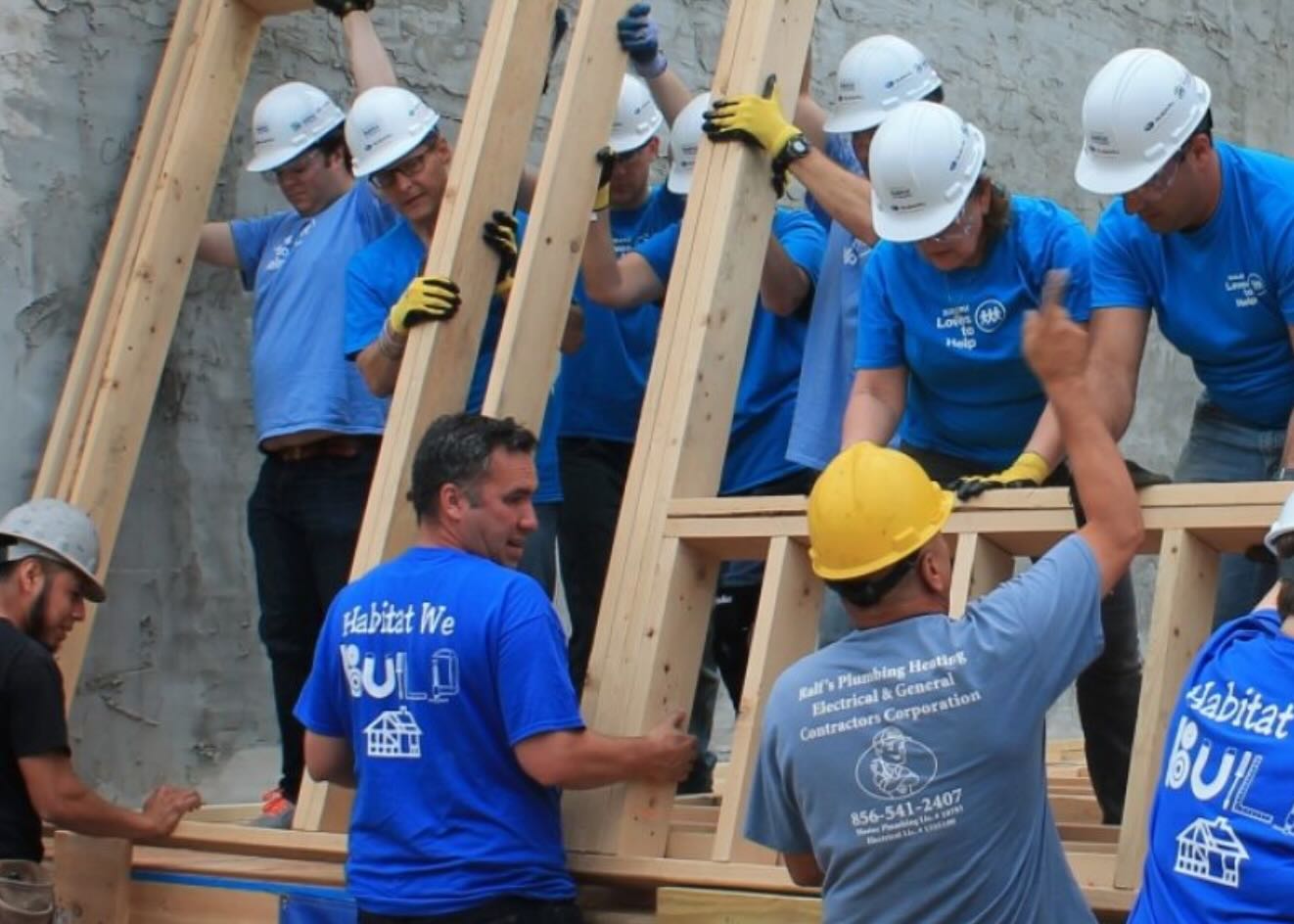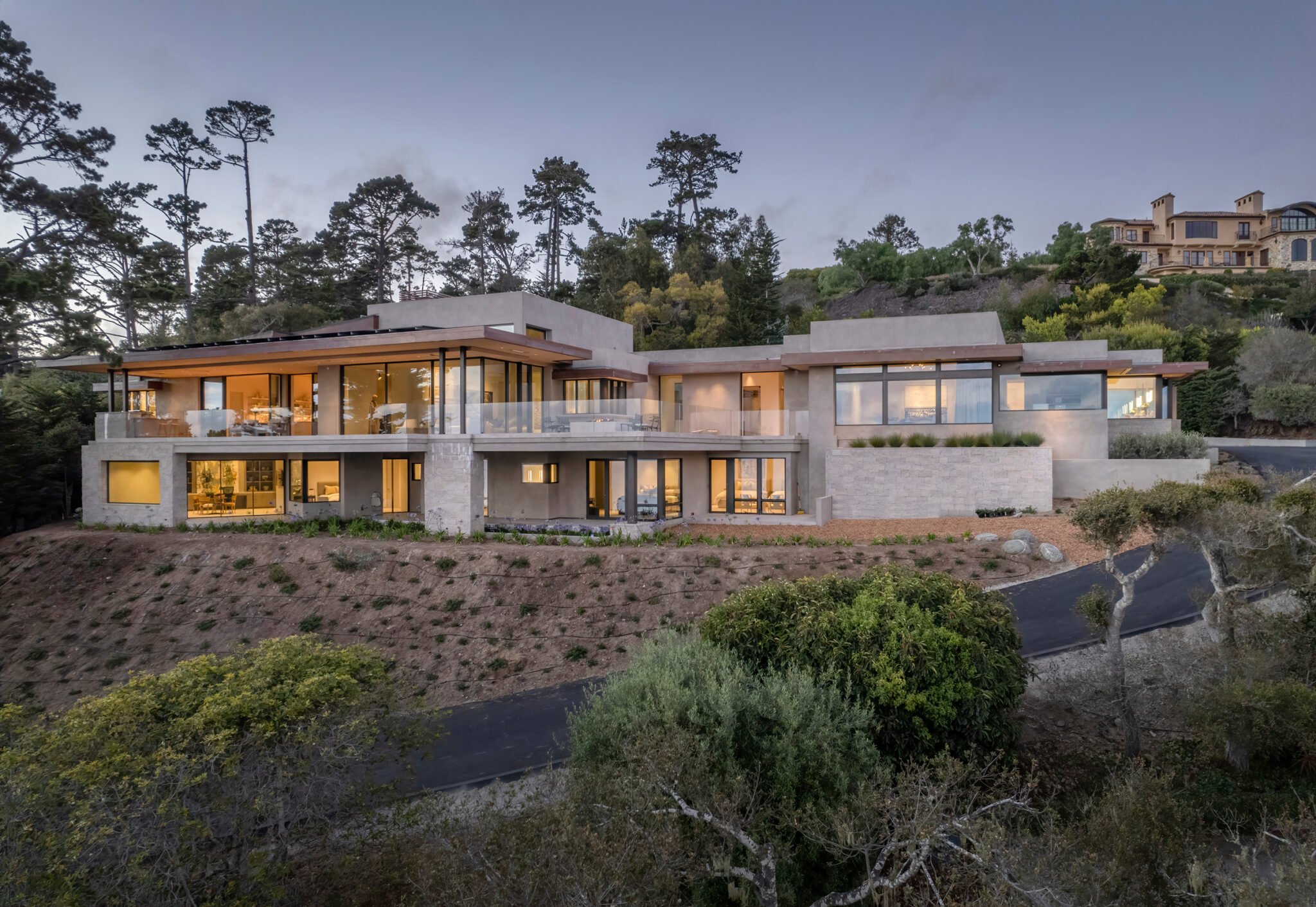We’re starting to see a new notion that America should become a society of renters, and it’s a reminder that not all fresh ideas are good ones. America should not become a society of renters, and any supporter of this theory either has never rented or has an alternative agenda. The idea goes against centuries of tradition: Millions of people have landed here for life, liberty and the pursuit of happiness, the third of which was explicitly property ownership. Homeownership gives essential financial, societal and cultural benefits to owners—and mainstream impermanence is dangerous.
First, we’ve created a perfect storm in which housing has become very expensive. So arises the prevailing opinion that becoming a nation of renters is good. But the system is complicating the process of buying a home: Wall Street players—including hedge funds—are buying up starter homes. All the while, people are being encouraged to choose the path of long-term renting. This system is inherently flawed and could be very detrimental to society.

Of course, homeownership has immense personal financial benefits. As homes grow in value, which is practically guaranteed, it creates equity. You can then borrow against this equity for things like home equity loans. Homeowners also get deductions on taxes, including mortgage and property taxes. And we can’t forget capital gains. Ultimately, homeowners pay rent to themselves, investing in their future instead of a landlord or Wall Street hedge fund.
Homeownership also has societal and cultural benefits. First, homeowners have a much greater financial stake in their neighborhoods than renters, creating clean, safe and involved communities. Second, people who own their homes are much more likely to participate in local politics: When looking at voters who own versus voters who rent, we see a 35 percent increase in turnout in local primaries. Third, children of homeowners have better home environments, high cognitive test scores and fewer behavioral problems. Ultimately, homeowners have more stake in their neighborhoods and the future of their families, who will soon invest in homes and communities for their children.
Homeownership has a lot to do with permanence. Millions of people now have virtual jobs and want to be tethered to one place, so homeownership is an ideal situation, especially since many programs—including federally backed mortgages and, in rural areas, USDA mortgages—require zero down.

Sure, if someone plans to live in a city for a short period, renting is an excellent way to not have to go all-in on a particular geography. But even if the future is a question mark, platforms like Zillow have a fundamental formula. If users input their city, a comfortable home price, down payment and comfortable monthly rent, the platform will tell you how long it will take for buying to become cheaper than renting. Taking five minutes to use available tools could prove that renting damages your future financial security.
It makes sense that Wall Street firms are buying starter homes; it’s a good investment. But because we’re simultaneously telling Americans that starter homes are a bad investment, it’s nothing short of heresy. Those truths cannot coexist. Homeownership remains the American dream, and becoming a society of renters won’t be good for the regular citizen.
Permanence is an essential part of human existence. And really, it’s something that’s evaded millennials. Making impermanence mainstream will change the nature of American society—definitely not for the better.
David Grasso is the host of the Follow the Profit Podcast, where he shares simple ideas for financial success and lessons learned the hard way. He is also the CEO of Bold TV, Inc, a nonprofit media company dedicated to entrepreneurship and cultural empowerment.
Hannah Buczek is the managing editor and journalist for Bold TV. She also reports and edits for GenBiz, a nonprofit media brand focused on promoting financial freedom.







